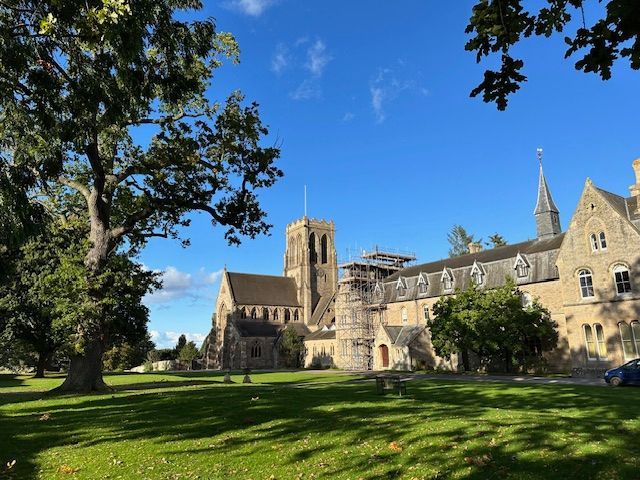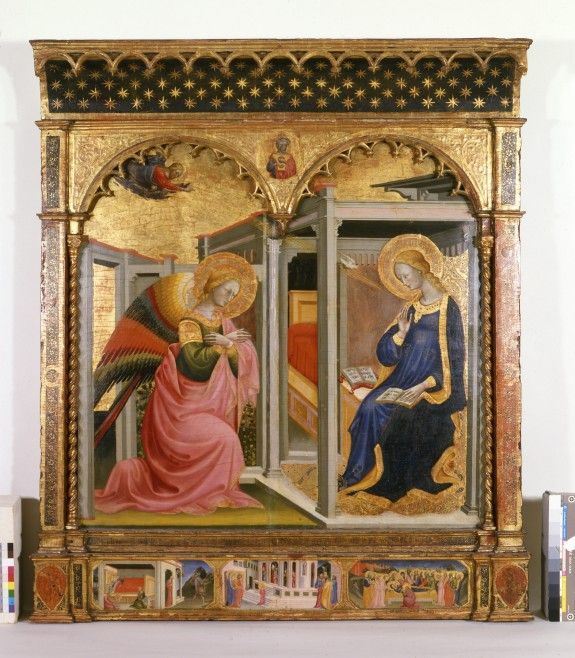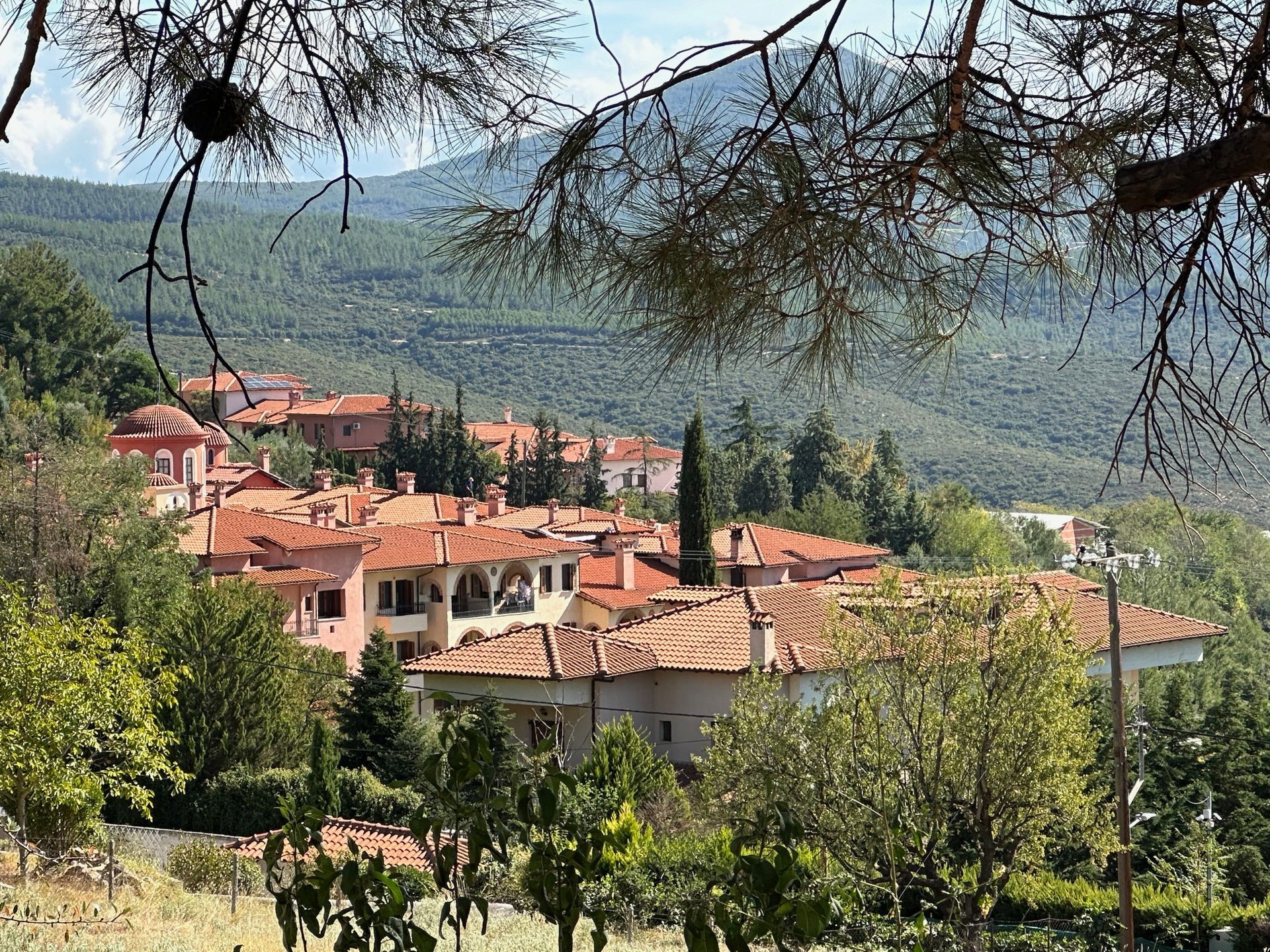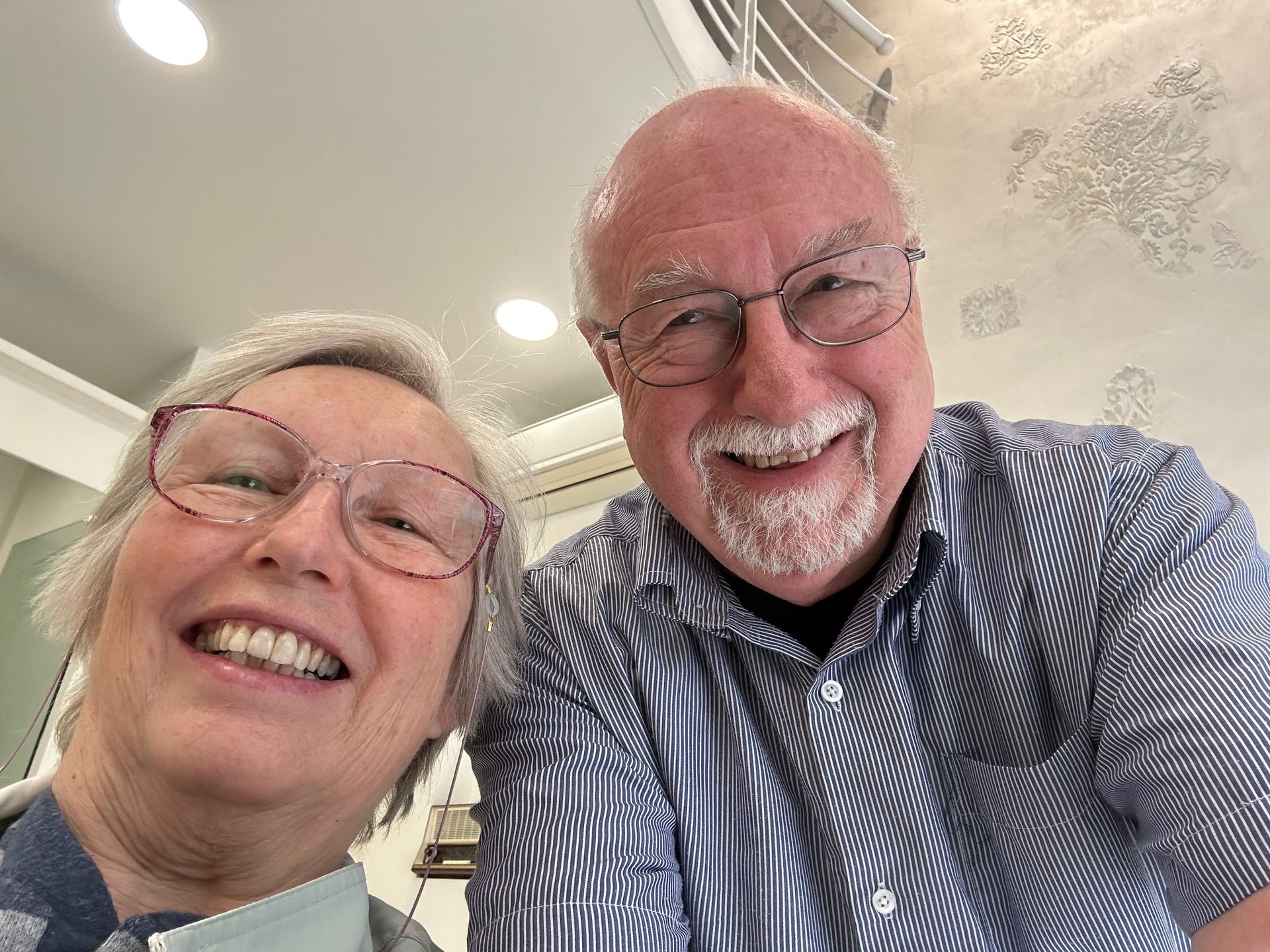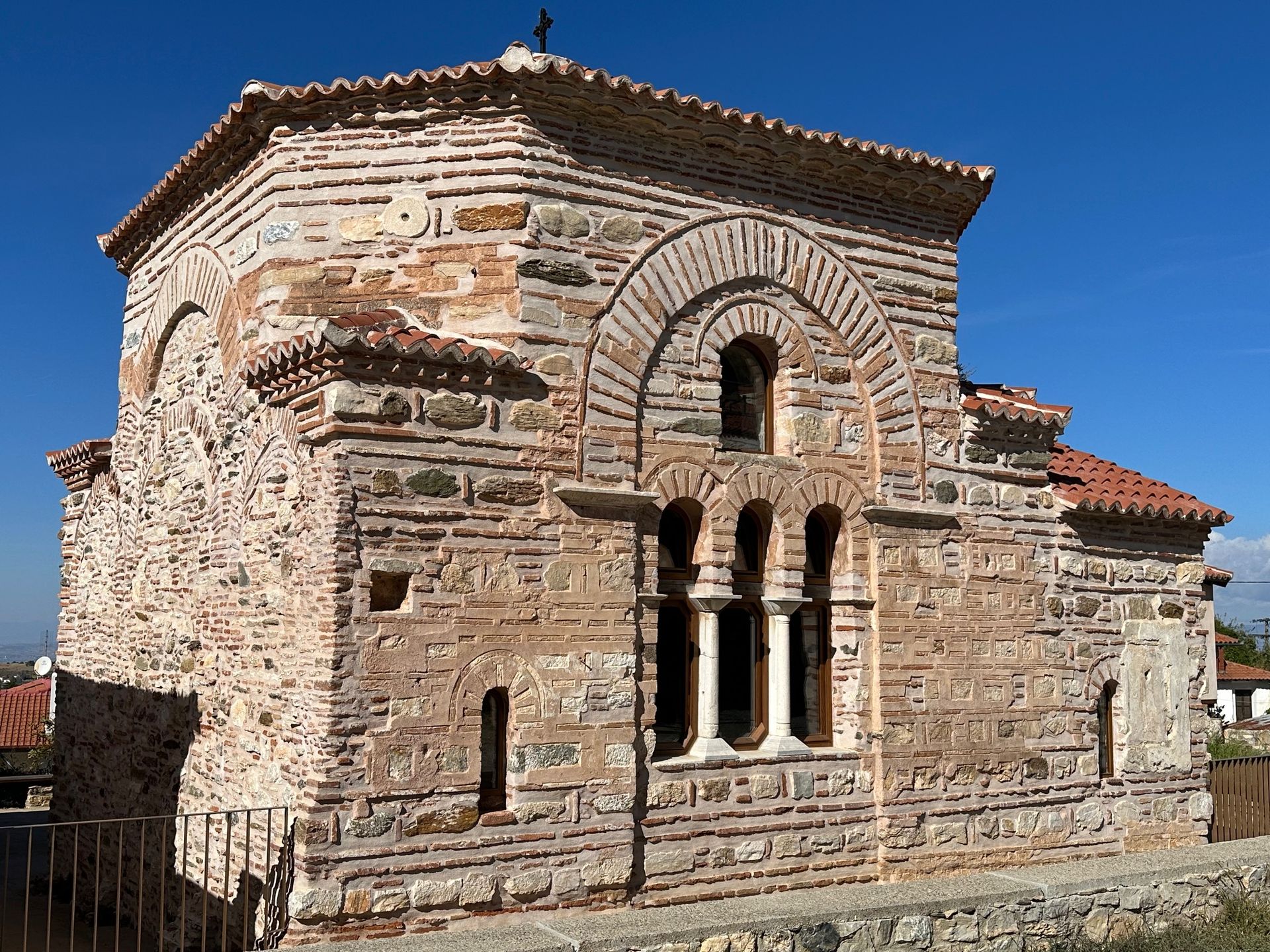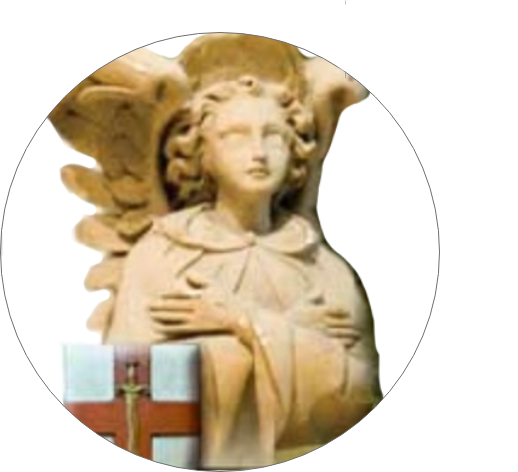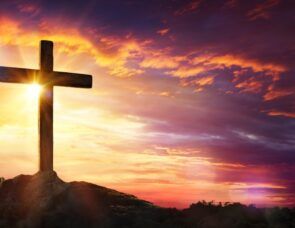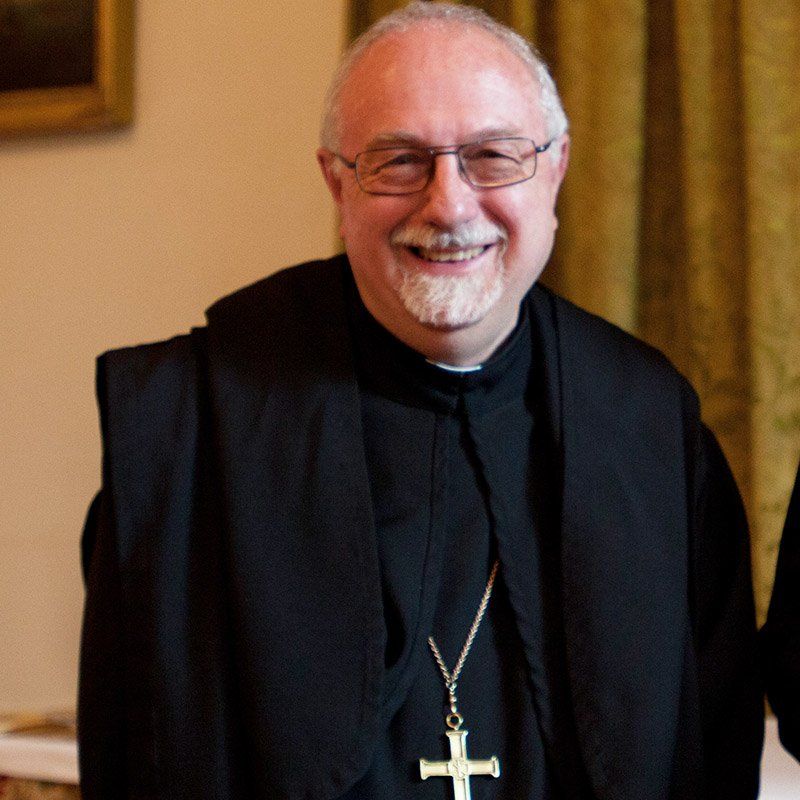Message from Fr Paul for Wednesday 12 April

Of all the Resurrection accounts, the one that most touches our hearts, because it’s closest to our own experience, is that of the two disciples on the road to Emmaus. We are only told the name of one of them, Cleopas, the other could be you or me. Perhaps that’s why we’re not given his or her name by Luke, the evangelist who tells the story, (Lk 24: 13-35). “Two of the disciples of Jesus were on their way to a village called Emmaus, seven miles from Jerusalem, and they were talking together about all that had happened. Now as they talked this over, Jesus himself came up and walked by their side; but something prevented them from recognising him. He said to them, ‘What matters are you discussing as you walk along?’ They stopped short, their faces downcast.” Is it little wonder that their faces were downcast? They were returning from Jerusalem, not a short walk, and they were discussing what had happened there, as they saw it, these past few days. They were confused and didn’t quite know what to believe. In fact, they’re so upset that they don’t recognise the stranger who comes up and begins to walk alongside them. We know it’s Jesus, because Luke tells us, but they, like all the others, fail to recognise him, even when he speaks with them. He asks them to tell him their story, which is what Jesus asks us to do when he with meets us, and when we are at prayer.
It is Cleopas who answers him. “’You must be the only person staying in Jerusalem who does not know the things that have been happening there these last few days.’ ‘What things?’ he asked. ‘All about Jesus of Nazareth’ they answered ‘who proved he was a great prophet by the things he said and did in the sight of God and of the whole people; and how our chief priests and our leaders handed him over to be sentenced to death, and had him crucified. Our own hope had been that he would be the one to set Israel free. And this is not all: two whole days have gone by since it all happened; and some women from our group have astounded us: they went to the tomb in the early morning, and when they did not find the body, they came back to tell us they had seen a vision of angels who declared he was alive. Some of our friends went to the tomb and found everything exactly as the women had reported, but of him they saw nothing.’” Although they tell him their story, they let slip that even they, his disciples, hadn’t grasped the truth about Jesus. They were still looking to him to be a political liberator rather than the Saviour of the world, the Mediator between God and humankind, he who would forgive his people their sins. I often wonder how Jesus felt listening to them tell their side of the story. His reply is powerful. “‘You foolish men! So slow to believe the full message of the prophets! Was it not ordained that the Christ should suffer and so enter into his glory?’ Then, starting with Moses and going through all the prophets, he explained to them the passages throughout the scriptures that were about himself.”
He has given himself away, yet even so, it hasn’t twigged. How could it? They could never imagine, just as we can’t, that Jesus would be with them in their sorrow and disillusionment. The very fact that they were still speaking about Jesus, however, shows that they still lived in hope that there would be something more than a bare cross and an empty tomb.
So intense had been the conversation that, without realising it, they were soon at the outskirts of their village. The stranger is about to take his leave, but Cleopas and his friend invite Jesus to stay and share a meal with them. It’s late and getting dark. “When they drew near to the village to which they were going, he made as if to go on; but they pressed him to stay with them. ‘It is nearly evening’ they said ‘and the day is almost over.’ So, he went in to stay with them. Now while he was with them at table, he took the bread and said the blessing; then he broke it and handed it to them. And their eyes were opened and they recognised him; but he had vanished from their sight. Then they said to each other, ‘Did not our hearts burn within us as he talked to us on the road and explained the scriptures to us?’” It is at table that their eyes are opened. But why at table? Had they been at the Last Supper? Or had they just been present at the feeding of the five thousand? In hindsight, they realise that their hearts also burned as he explained the Scriptures to them on the road. Suddenly, everything fits into place and they have the answer to all their questions. Christ is risen from the dead and they have seen him. He walked with them and they spoke with him. He entered into their house and ate with them. He is alive and they are new men.
“They set out that instant and returned to Jerusalem. There they found the Eleven assembled together with their companions, who said to them, ‘Yes, it is true. The Lord has risen and has appeared to Simon.’ Then they told their story of what had happened on the road and how they had recognised him at the breaking of bread.” It might be late in the evening, but they set off in the dark and walk straight back to Jerusalem. In fact, they now walk by the light of faith. It might be pitch black but they can see and they have a message to convey, a Gospel to preach. “They told their story of what had happened on the road and how they had recognised him at the breaking of bread.” What is our story this week? How are we proclaiming the Gospel to all those we meet?
Fr Paul
